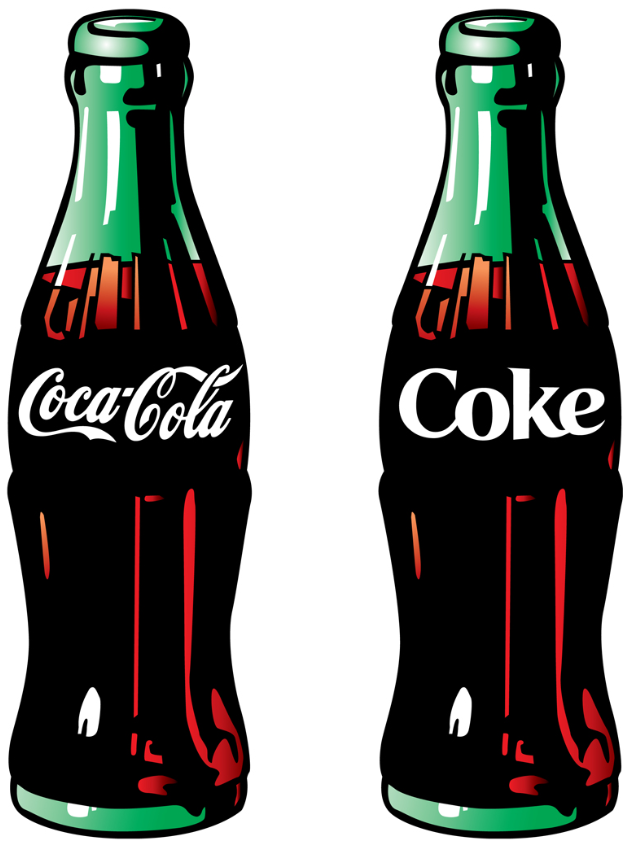A CONSISTENT COMMITMENT CALL
Fortune has published its annual “The 100 Best Companies To Work For” (Milton Moskowitz and Robert Levering, March 15, 2015, pp. 97–154). With over 36,000 employees, Cisco Systems earned spot number 70 on the list. No doubt, some of its top draws for employees include its tuition reimbursement, an onsite medical center, 35% employee discounts on home solar panel installation, and the option to work from home for 95% of the workforce.
Additionally, Cisco Systems is committed to diversity. That does not mean it has always been an easy ride. Chief technology officer Padmasree Warrior attests to that fact. In her first days as a new engineer with the company where so many of her peers were male, she felt that she had to (Caroline Fairchild, “Solving Tech’s Diversity Problem—Starting at the Top”):
“ ‘dress down and try to fit this grunge model.’ ” (p. 126)
Other women felt the same alienation that Warrior felt, so much so that many women did not stick with the company long enough to become promoted to higher ranks:
“ The issue appears to be largely cultural with many women opting out of the industry . . . The result is a talent drain that tech companies openly admit hurts their ability to stay competitive in the long term. Cisco hasn’t figured it out—and doesn’t profess to be close to—a solution. ”
In spite of the difficulties, Cisco Systems has made progress and continues to do so. For example, in 2004, the CEO’s operating committee had one woman and eight men. Today that ratio has shifted to five women and eight men.
The strength and the value of diversity is an essential core value to which companies must give continuous attention. Thankfully, Cisco Systems, like many progressive companies, is maintaining that commitment.











